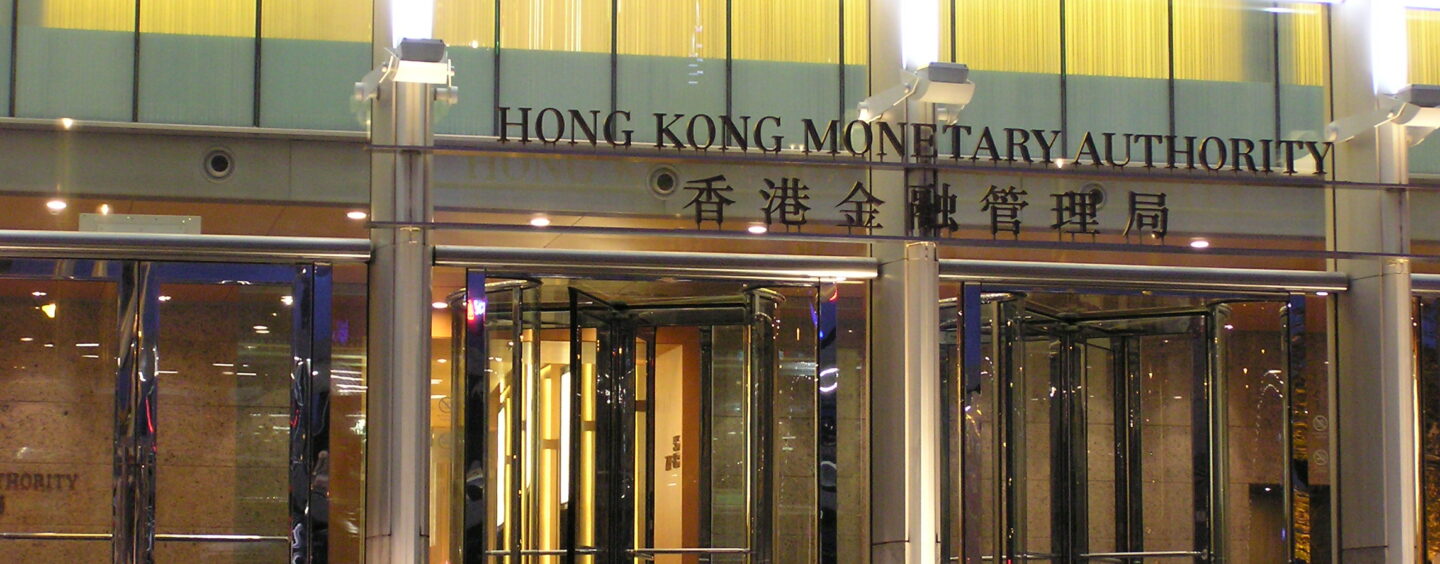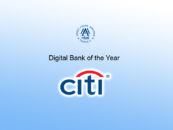
HKMA is Rumoured to be Granting Virtual Banking Licenses to China’s Fintech Giants
by Vincent Fong February 25, 2019Since its announcement in early 2018, HKMA’s virtual banking license has attracted strong interest from the industry to seek regulatory approval to operate a virtual bank.
It is reported that within a short time frame the regulator saw over 29 applications. Almost a year since the licensing regime has been issued, it is rumoured that we will be seeing our first batch of approved virtual banks in the next few weeks.
According to the Financial Times (paywall) who are citing anonymous sources, the companies are namely — Ant Financial, Tencent, Standard Chartered, Xiaomi, Hong Kong Telecom, Zhong An with Citic Bank as its partner.
Players like Ant Financial and Tencent are no strangers to uprooting status quo, the two players dominate the mobile payments market with 93% market share.
Tencent’s interest in virtual banking/neo-banks also does not seem to be limited to Hong Kong, industry observer will be quick to point out that as recent as 2017, Tencent invested US$ 180 million into Brazillian-based neo-bank Nubank
With these major players entering the game, the local landscape that is largely dominated oligopoly consisting of HSBC, Bank of China and Hang Seng Bank will likely be shaken up.
This new breed of banks who are a pure digital-play seems to be responding to shifting consumer behaviours, a recent global study by Oracle indicated that 69% of consumers want their entire financial lifecycle on digital channels.
In the UK where neo-banks have been active for a few years, data seems to suggest that consumers appear to be preferring digital offerings from existing banks rather than turning to startups.
It would be interesting to observe however would be whether it will be disruptors like Tencent, Alipay and Xiaomi or incumbents like Standard Chartered who will capture the market once the licenses are granted.
Featured Image Credit: Wikimedia Commons







